Pakistan dumps water worth $22 billion into the sea every year
Warns that out of 43 lakes in Pakistan, levels of 26 have dropped drastically in past few years
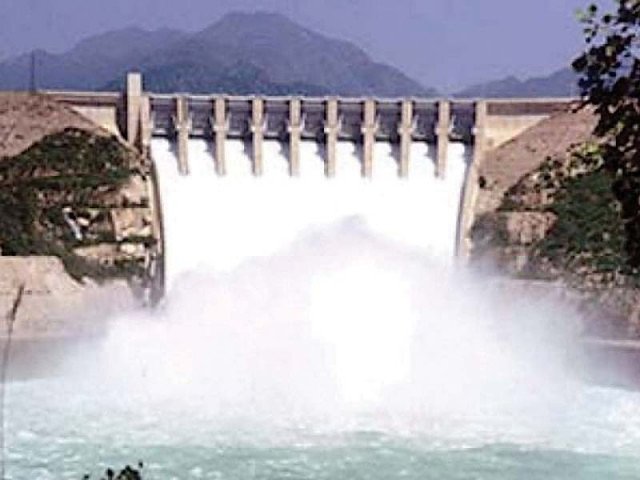
PHOTO: FILE
Briefing the participants of the Senate Forum for Policy Research, Khan warned if the current water crisis continued, it would aggravate food security situation as the country would not be able to produce major crops.
“If dams are not constructed on a war footing, in the near future Pakistan will not be able to produce major crops like wheat, rice, sugarcane, cotton and maize due to the acute water shortage,” Khan told the forum meeting.
The Irsa chief informed the forum – chaired by Senator Nayyar Husain Bokhari – that the water regulator had already informed the provinces they might face 36% irrigation water shortage during the Rabbi season (October-March).
Pakistan must act now to ensure water supply for agriculture
According to Khan, about 500,000 tonnes of silt deposits in the Terbela dam and the Mangla dam every day. “Because of this, [our] two major water reservoirs have already lost 12% of their storage capacity,” he added.
The forum unanimously agreed to the need for construction of more dams, especially the Kalabagh dam, on an urgent basis to help improve the water conservation system.
The meeting was informed that monsoon rains are a major source of water in Pakistan.
Khan said 80% of water comes from monsoon rains and the rest from other sources. However, he added, due to shortage of storages, huge quantity of water is dumped into the sea which otherwise could be stored.
At the forum, Pakistan Council of Research in Water Resources (PCRWR) Chairman Dr Muhammad Ashraf underscored the importance of dams. He expressed serious reservation to the absence of a national water policy.
“Kalabagh dam can easily be completed in five years,” he said, adding that the Akhoori dam could also be constructed as an alternative to Kalabagh dam within a few years. He warned that out of the 43 lakes in Pakistan, levels of 26 have dropped drastically in the past few years.
He also spoke about the depleting quality of drinking as well as ground water. “The analyses of the water quality in major cities of Pakistan in 2015-16 are eye-opener and call for measures on a war footing to save as many lives as possible,” he said.
Sindh government grants K-IV's phase-II clearance
Irsa committee meets
An emergency meeting of the Irsa Advisory committee reviewed the water availability situation. The meeting was chaired by Irsa Chairman Sher Zaman and attended by Irsa members and officials of the Water and Power Development Authority (Wapda) and the provincial irrigation department.
Irsa spokesperson Khalid Rana told reporters the committee anticipated that the country would receive 23.96 million acre feet (MAF) water instead of 29.48 MAF estimated earlier. Irsa had anticipated 20% water shortage for during Rabi season but now it expected 36% shortage.
“Sindh, Punjab and Wapda submitted their working paper regarding the water availability in the reservoirs and rivers. The advisory committee reviewed the data and forecast that the water shortage for the Rabi season will be 36%,” Rana said.
Rawal Lake water unfit for human consumption: PCRWR
Earlier the total water availability was estimated of 29.48 MAF – 24 MAF from river flows and about 7.8 MAF currently stored in two reservoirs. In October, however, the rivers received 4.1 MAF water – 17% less than anticipated 4.9 MAF.
Since Balochistan and Khyber Pakhtunkhwa (K-P) are exempted from any cut in their water share, they will get their full share of 1.9 MAF. The shortage would be distributed between Sindh and Punjab.
(With additional input from Zafar Bhutta)


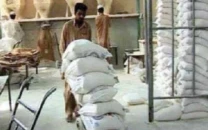

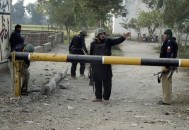
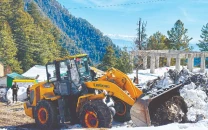
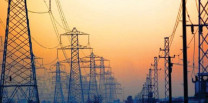












COMMENTS
Comments are moderated and generally will be posted if they are on-topic and not abusive.
For more information, please see our Comments FAQ